Published August 04, 2011 | FoxNews.com (Click here for story on FoxNews)
Even as the United Nations Security Councildemands that the regime of Syrian President Bashar Al-Assad cease its campaign of killing civilian protesters, the U.N. bureaucracy is extending its assistance to Syria through 2012 in the hope Assad’s vague promises of political reform and “national dialogue” will eventually prove to be real.
According to a document obtained by Fox News, the full spectrum of United Nations assistance programs in Syria have been extended through next year, “in order to ensure that reforms initiated by the government of the Syrian Arab Republic in 2011 are reflected in the new programs of cooperation of the United Nations agencies” that are slated to succeed them.
The revelation is contained in a UNICEF document dated July 22, 2011 -- in the midst of the latest wave of harsh Syrian repression -- and intended for the next meeting of UNICEF’s 36-nation executive board, in mid-September.
The document notifies the board of the extension, not only of UNICEF’s programs in Syria, but of a wide variety of other U.N. programs. It also informs the board that approval of UNICEF’s portion of the extension has already been granted by the agency’s executive director, Anthony Lake.
A copy of the document appeared on the executive board’s public website shortly after Fox News began asking questions about it.
The existence of the document underlines the dual-track tightrope the U.N. continues to walk in Syria, where it continues to engage the Assad regime with the carrots of humanitarian aid and assistance in modernizing its creaking and corrupt social welfare structure, while relying on international condemnation and targeted economic sanctions to restrain Assad’s brutal crackdown against demonstrators who want more fundamental change.
So far, an estimated 1,750 people have been killed by the regime as it tries to quell political protests, and scores more may be dead in an ongoing Syrian tank assault on the center of the insurgent city of Hamas.
A spokesman for U.N. Secretary General Ban Ki-moon told Fox News that he “was not involved” in the deliberations that led to the U.N. program renewals, though he has been deeply embroiled in efforts to make the Syrian regime end the repression and embark on a reform agenda. The spokesman referred other questions about the U.N.’s Syria programs to the agencies involved.
“The Secretary General has repeated called for reforms in Syria,” the spokesman declared. Ban did so again yesterday, following a Security Council statement -- less forceful than a full-scale resolution -- condemning a new wave of regime violence that began to crest last weekend.
He condemned the “brutally shocking” events in Syria and declared that “the legitimate aspirations of the Syrian people must be addressed through an inclusive Syrian-led political process that guarantees fundamental freedoms and rights for all.”
Most U.N. programs in Syria are slated to expire at the end of 2011, in line with a government five-year planning cycle, and replaced with a new series of development and humanitarian efforts. As the Assad crackdown has expanded, the U.S. and other Western governments have imposed selective economic sanctions to make the regime end its repressive tactics.
The new document obtained by Fox News specifically mentions the programs of UNICEF, the United Nations Development Program (UNDP), the United Nations Population Fund (UNFPA), and a mixed bag of development assistance programs known as the U.N. Development Assistance Framework, or UNDAF, as continuing on an interim basis.
Click here to read the document.
The quiet renewal of the UNDAF programs, at a time when Western nations were tightening economic sanctions on the Assad regime in protest over the repression, was first reported by Fox News last month.
UNFPA’s extension of its Syria program was contained in documents Fox News obtained at that time. UNICEF declined to respond to questions from Fox News about its executive board document.
A UNDP spokesman confirmed the program renewal “to avoid operational vacuum,” while future programming was deferred to ensure that it “best meet the evolving needs of the Syrian people.”
The spokesman took issue with the “presumption” that UNDP’s future programming “was deferred to reflect reforms initiated by the Syrian government,” which he termed “incorrect.”
“UNDP is not examining current reforms with a view to incorporate them in any program,” he said. “Nor are we working with the government on their reform plans.”
Reform in Syria has mainly consisted of little more than vague speech-making by Assad and his top officials, coupled with attacks by security forces that are ongoing. And in the wake of yesterday’s Security Council statement, Assad showed that the game of promised reform and actual repression was still on.
The regime today issued a presidential decree authorizing a multi-party system in the one-party Ba’athist state, and a new elections law ostensibly giving candidates the right to oversee balloting. Both were dismissed as meaningless while the repression continued.
"It is incredible to see UN agencies referring to 'reforms initiated' by the Syrian government in 2011,” commented Elliott Abrams, a senior fellow for Middle Eastern studies at the Council on Foreign Relations, and a deputy national security adviser for the region during the Bush administration. “The only actions the Assad regime has actually initiated this year have been aimed at killing unarmed civilians and crushing demands for freedom.”
Abrams has publicly advocated greater U.S. pressure to oust Assad entirely.
“U.S. policy should be that all U.N. activity in Syria cease, except for purely humanitarian programs carried out in entirely non-political terms,” added former U.S. Ambassador to the U.N. John Bolton, who is a Fox News contributor. “Continued, visible U.N. cooperation with the Assad regime strengthens Assad and delegitimizes the U.N.”
But waving the reform flag while crushing his opposition has proved effective for Assad. In May, President Obama declared that Assad “has a choice.” He could lead a transition to greater democracy “or get out of the way.”
Yesterday, the Security Council took note of “the announced commitments by the Syrian authorities to reform,” regretted “the lack of progress in implementation,” and called upon the regime to "implement its commitments.”
So far, Assad appears to be doing nothing to make that happen.
George Russell is executive editor of Fox News and can be found on Twitter @GeorgeRussell.



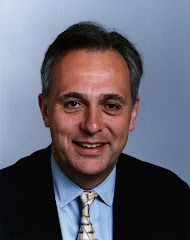
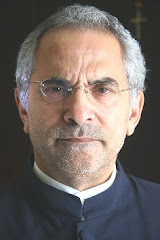


















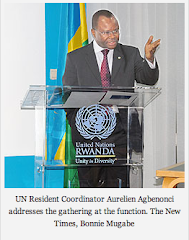



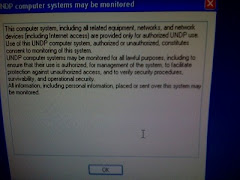

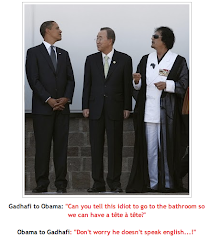
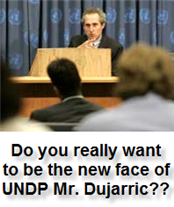






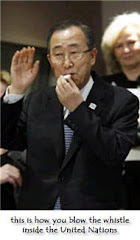
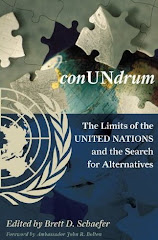

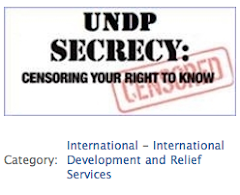



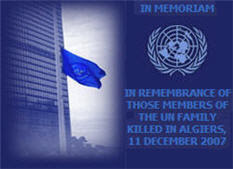



No comments:
Post a Comment